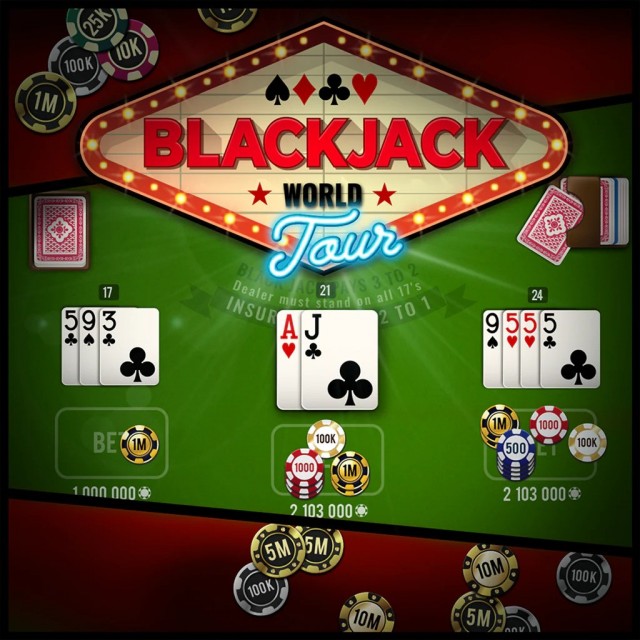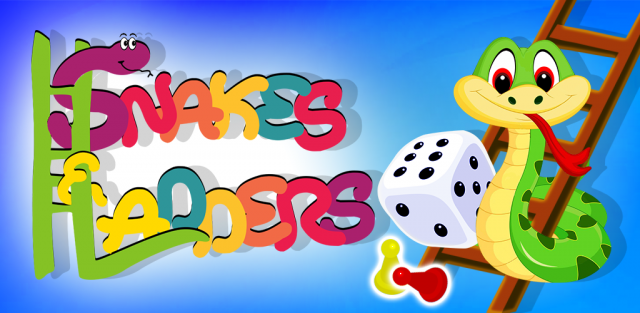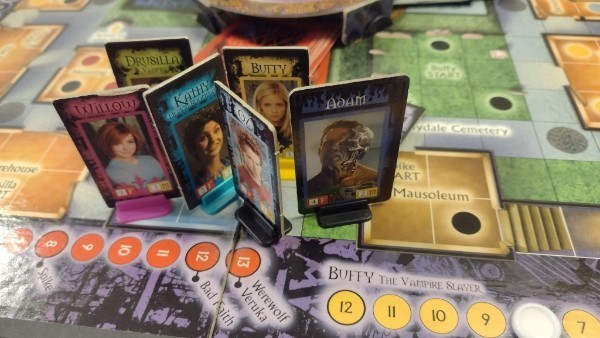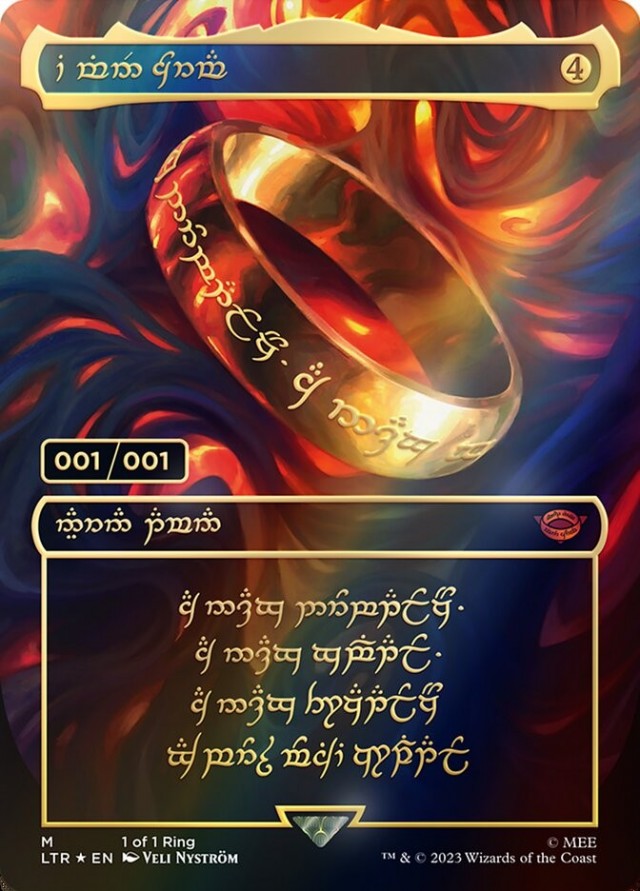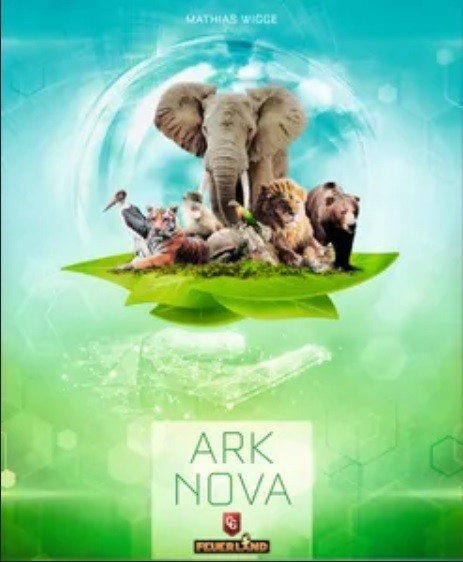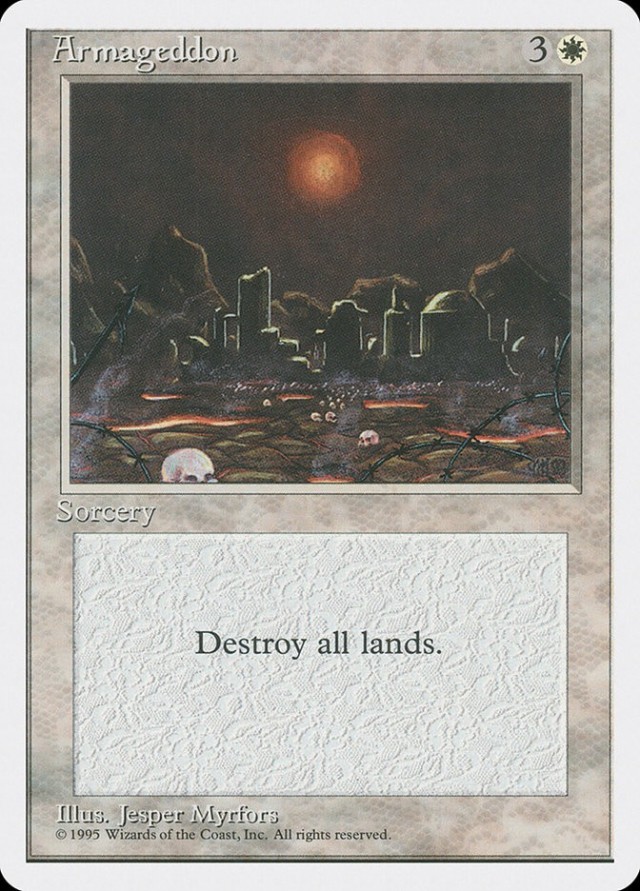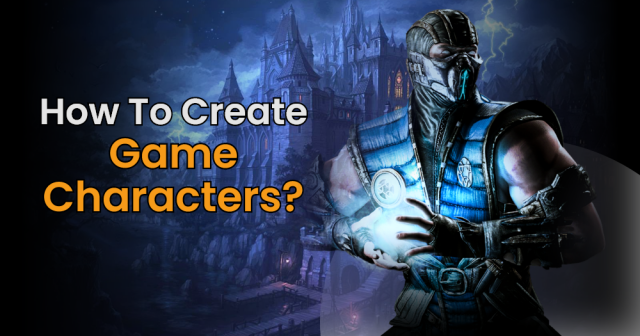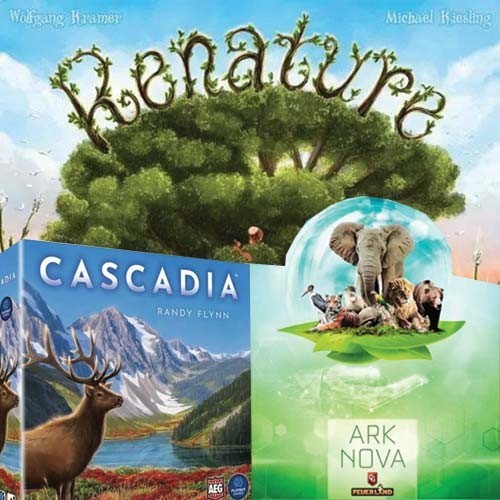A few F:ATties hung out with us at ConnCon. Anyone that knows Launius knows that he is a good guy and very creative. Christian Wilson at Meepletown interviewed him and he talks about Defenders, Arkham, and several other games in the works.
Permission to reprint pending
http://meepletown.com/2011/03/game-designer-interview-richard-launius/
Game Designer Interview: Richard Launius
by Christian Wilson
Richard Launius has been in the design game for many years — you may not know the name, but you know the games: Arkham Horror and Defenders of the Realm are just two of his many credits. I’ve been fortunate enough to meet Richard on several occasions and even playtest some of his early design prototypes. Spend just a few minutes talking to him, and you’ll find that he’s not only extremely friendly and approachable, but also absolutely passionate about gaming. He has graciously agreed to answer some questions about his games and his design philosophy in general.
Thank you for taking the time to talk to us. First off, would you please tell us a little bit about how you initially got into board game design?
I enjoyed board games growing up. When I was in high school I got my first Avalon Hill game, Feudal. I was fascinated about how the game changed what was traditionally chess into something that felt much more thematic. Soon I started playing more and more Avalon Hill games, like Dune and others in their classic line. Some I really liked, but often the games fell short of my expectations, so I started using my art skills to design games. Some were thematic based on books or movies, and others were sports related games. My senior year of college I crafted my own class on game design and talked an art professor into sponsoring my independent study course designing two games during the semester – a baseball game and a spy game. While neither game could be considered a great design, they were both fun to create and to play, so I continued designing games from that point forward, mostly for my own personal enjoyment.
You’ve been designing board games for many years now, yet you always seem to have plenty of new ideas in mind whenever I run into you at conventions. Where do you find your inspiration, and what keeps you interested and engaged in the process of game design?
I love to create pure escapism worlds dripping with theme, where players can go on adventures and become heroes – kind of like escaping into a book or movie. Therefore, books, TV shows, and movies almost always spark ideas for me. Quite often after I read or watch something that I thought was exciting, the ideas start to flow about how I could create that world and excitement in a game. The truth is that I have a lot of unfinished games in my files that fall short of having the excitement or challenge I want in my designs. Many others are really good but need some type of final developing or tweaking to smooth out some mechanics or ensure the right balance. I also have at least 25 new game designs penciled out that I hope to bring to life in the future; I just need the time focus on them. The key for me to create a game is that I must have an idea that I find so exciting that I have to create it because I want to play it. In fact, all my game designs are because I thought they would be fun to play. I doubt that my interest in designing will ever wane, because for me designing games is significantly more fun than playing games, and I really enjoy playing games.
When asked to describe your titles to a new player, I usually say something like: “theme-heavy games where you roll a fistful of dice and watch awesome things happen”. This is certainly an oversimplification, but it tends to get the point across — players are in for a ride, and they’re not about to play a dry, cube-pushing Eurogame. What’s your personal philosophy on what makes a good game?
My personal philosophy on what makes a good game is very simple – it has to be fun to play. There are a lot of factors that go into a game design, and I work very hard in my game creation to focus on the right balance of theme with mechanics, with player interaction, balancing challenging strategy with replayability – but at the end of the day all games are evaluated on whether they are fun to play or not. Keep in mind that each player has different views of what is fun, but it becomes pretty obvious with the first playtest whether a game is fun or not for the players. If it is, then the rest of the development is just finalizing the right mechanics with theme and tweaking gameplay until the final product has the balance all games require.
 Would you share a little bit of your thought process when coming up with a new game concept? What elements do you tend to focus on first, and where do you try to place the balance between design elegance, gameplay balance, and sheer fun factor?
Would you share a little bit of your thought process when coming up with a new game concept? What elements do you tend to focus on first, and where do you try to place the balance between design elegance, gameplay balance, and sheer fun factor?
When designing a game, I focus on the following key design guidelines:
A) Theme: It always starts with a theme for me. So I work to provide a rich and interesting theme. I prefer high adventure: monster hunters, adventurers in a fantasy world, star explorers or space pirates in a galaxy far from here, spies going on thrilling adventures, people helping people survive in a zombie-infested town, or even pirates searching for haunted treasure on an island full of dinosaurs. But regardless of anything else I want to do with the game (make it cooperative, create a balanced two-player game, etc.), it is the theme that launches each of my design ideas. I want to create a world the players enjoy, remembering the theme and story that unfolds in the game long after they have placed it back on the shelf – something so vivid they will always be drawn back to it in time.
B) Mechanics to Match Theme: I believe it is very important that the mechanics in a game match the theme. Since I prefer adventure, many of my designs use dice to resolve encounters and massive encounters to ensure that each action has some sense of true tension and a high level of replayability. While there are many gamers that prefer a total decision based strategy game, I focus designs more on what I consider a controlled luck strategy – the players can plan various strategies and drive the odds in their favor, but the mechanics of completing those strategies are not 100% certain. Therefore, the tension remains even if a strategy has been used successfully in the past.
C) Simple Rules: Keep the game rules simple and focus on decisions and story (or theme). Some of you may argue that the rules of my games are not that simple, but if you look at them from a pure mechanics and game function perspective they are actually pretty basic: Move, have an encounter or fight something, make skill or combat rolls and succeed on a specific target that may be modified by a number of factors. It is the options and the timing of events that confuse players (and often the page count of the rule books, but most of this consists of examples because of the variety of activities), but when stripped to the basics, the rules are quite simple.
D) Challenging: The game should be challenging to players, whether it is cooperative — in which the board acts as the opponent — or player versus player. For me, this means providing the players with options and choices, and making them meaningful. Sometimes I play designs where I hear about how great the mechanics are and the vast choices the player has, but when I play the game I find that while it may be true there are many choices or cool mechanics, the difference between doing action A and action B is minimal. I try to provide multiple things to do that appear as equal value, forcing players to make tough decisions that ultimately have significant consequences on the events that unfold in the game.
E) Fun Factor: As noted earlier, this is the final measurement for each of my designs, and whether or not the game is ever shown to a game company – it has to be fun to play. I measure the fun factor on the response of the various play testers. I use a broad range, from serious gamers to casual gamers, depending on the design. Often a game design will fail to achieve this goal and go back to the drawing board if it has a great theme – sometimes going through a number of revisions until it achieves the level of fun that the theme deserves.
Defenders of the Realm and Arkham Horror, both popular titles you’ve designed, are “pure” cooperative games. One of the classic co-op pitfalls is the risk of one or two veteran players essentially playing the game for everyone else, making all of the strategic decisions based on past experience. Some games, such as Battlestar Galactica and Shadows Over Camelot, avoid this via a traitor mechanic, while Space Alert utilizes strict time pressure. Do you find this to be a challenge you want to address in future designs, or do you feel that the teamwork element of a “classic” co-op game is more important?
I really enjoy co-op games and as a result design quite a few. Additionally I have played and enjoyed most if not all the co-op, traitor co-op, or one against all co-op games on the market. While I understand the issues players have with the “boss” player in a co-op game telling everyone else what to do on their turn, it is my opinion that this issue is more of a character trait of the individual than of the game. I do acknowledge that when playing what I consider a puzzle co-op (Pandemic, Castle Panic are examples of what I consider a puzzle co-op) where knowledge of the puzzle is extremely important to victory and each turn usually does have a “right or better” action, a boss player is more likely to emerge. I strive in my cooperative game designs to create more random situations and spread multiple crisis situations, thus eliminating a clear “right action” on a player’s turn. This way, while the more experienced players may make suggestions (and I strive for creating the need of group strategic planning), they cannot point out a single right action for the active player.
 Your titles are well-known for being rules-heavy; even the most ardent Arkham Horror fans often joke about the sheer number of rules they have to remember. Do your designs generally start out very complex and become more refined over time, or do you tend to start with a simple system and add rules and exceptions as playtesting dictates?
Your titles are well-known for being rules-heavy; even the most ardent Arkham Horror fans often joke about the sheer number of rules they have to remember. Do your designs generally start out very complex and become more refined over time, or do you tend to start with a simple system and add rules and exceptions as playtesting dictates?
Actually, as noted above, I believe the idea that my games are complex is more of a myth than a reality. I am aware that many people think my games are complex, but I can teach someone to play Arkham Horror and have the basics down in one turn. As stated above, I believe that people are often overwhelmed by the number of pages in the rule books and FAQs, or get caught up in the timing of events and can complicate what is basically a simple game from a mechanics and player active perspective.
But I do want to answer your question – I work very hard in the design process to keep the rules simple and seldom write any rules until after several play tests and revisions of the game. Writing the rules is the last thing I do on any design – keeping the rules fluid through the play testing process. My experience is that game designs need to be kept very simple, as in most cases the game will grow more complex as it is played and play test feedback is integrated into the game. Therefore it is essential that base game design mechanics are not complex.
When you’re not working on your own prototypes, what do you find yourself playing? Are there any recent releases from other designers that have really grabbed your attention?
I like a wide variety of games. Recently the top designs that I have enjoyed are Conquest of Planet Earth by Jason Hill, Sid Meier’s Civilization by Kevin Wilson, Earth Reborn by Christophe Boelinger, Mansions of Madness by Corey Konieczka, and The Target by Brian & Brent Knudson.
With so many Arkham Horror expansions out, many gamers are overwhelmed by the number of options available. How many expansion boards do you recommend playing with at a time, and are there any must-have house rules that you’d suggest?
I only play one board at a time and prefer Dunwich over the others, followed by Innsmouth. While I cannot speak for [Arkham Horror co-designer] Kevin Wilson, it was never my intention to use all expansions together, but rather to use one additional board and customize the game using various portions of each expansion. For example, I use Mythos and event cards from most expansions, always include the Injury and Madness cards, as well as the Epic Combat cards. Also, all Investigators and Great Old Ones are available for each game, and all items, spells, skills, and allies from the expansions are shuffled into their respective decks and used in all games.
As far as house rules, I use several that have been posted online, but the main thing I do is run the game for players as a Game Master, reading all events and keeping the players moving through the phases of the game turn. By doing this, the game moves quickly, the storytelling aspect remains high, and players can just focus on what they want to do and the adventure unfolding in the game.
The Dragons expansion for Defenders of the Realm just came out, and we’ve heard talk of some smaller game add-ons in the coming months. What does the future hold for Defenders of the Realm?
The next three expansions will provide a broader range of Heroes and skills for the players. These expansions will provide four Heroes in each, as well as more Global Effects cards (essentially war events). Future plans include the Troll Alliance, which will add on a southern section board of the realm and diplomacy the heroes will have to perform to keep the Trolls from joining the Dark Lord, as well as a fifth General marching toward Monarch City and a tactical combat option for a more strategic battle with Generals.
The other expansions in development (that may or may not be published) include the Generals of the Dark Lord expansion, which provides four new Generals and their minions, enabling players to have more options of invading forces. Also, Companions & Catacombs includes some lesser heroes that may be recruited by heroes, as well as small but deadly dungeons where treasure may be acquired. An expansion that is further out will be the Heroes of Legend expansion, in which players engage in a pre-game process to build their hero’s history and skills at the beginning of a randomized war. My focus is to provide viable expansions that enhance the epic fantasy world created in the realm, while providing a challenging level of play to fit a broad range of players.
 “Run, Fight, or Die”, a dice-based, zombie-themed survival game, has been announced by Lock ‘n’ Load Games. That’s quite a straightforward title — can you tell us a little bit about the game?
“Run, Fight, or Die”, a dice-based, zombie-themed survival game, has been announced by Lock ‘n’ Load Games. That’s quite a straightforward title — can you tell us a little bit about the game?
Run, Fight, or Die! is a perfect example of a thematic idea that from the initial idea to final design just came together perfectly. It is a dice game where the player will roll action dice each turn and use the result to choose actions that include running, fighting in various forms, seeking townsfolk, and finding places to hide. Each turn the zombies pursuing the players advance, and those that get to characters wound them.
The basis of the game is that each player is the hero in a small town overrun with zombies. As they are trying to flee to safety, the player is gathering as many of the townspeople he can find and leading them out of town. Waves of zombies stagger toward each player on their turn (as each has his own board) so the player must decide on the best actions each turn, based upon the dice they roll and the zombie threat. The townsfolk provide victory points, but also personality, as the more helpful townsfolk are worth fewer points, and the more detrimental townsfolk more points. All the classic B-Movie folks are here: the Obnoxious Councilman, the Screaming Cheerleader, the Spunky Mom, the Brilliant Nerd, and the Hot Chick with Attitude — to name a few. This is one game that from initial play test was just fun for all players: non-gamers, new gamers, and experienced gamers. Great thematic fun in 30 minutes or less!
Jolly Roger Games recently started taking pre-orders for “Pirates vs. Dinosaurs”, which promptly made BoardGameGeek’s “The Hotness” list. Aside from making me want to buy it for the name alone, what’s this one all about?
The game is very thematic – no surprise there, right? It is essentially Pirates of the Lost World. The basis is that each player (as a pirate captain) hears a story from an old drunken pirate about an island hidden in the mist at sea. When the old pirate passes out, each of those listening see a map tattooed on his back. However, outside of the longitude and latitude of the island, they get only a glimpse of the landmarks. So they all rush to find the island, and as “pirate luck” would have it, locate it at the same time.
The game is played in phases:
Phase I: The goal of each player is to build their island boarding party, choosing between pikes and cutlasses, swords and pistols, cannons, goods to trade with natives, a loyal parrot, shovels to dig treasure faster, and all manner of items that may assist in exploring the island as well as digging for the fabled treasure. Of course, they must balance this with the number of crew they take with them to carry these items and wield them in combat (crew die often to Dinosaur attacks, quicksand, native attacks, etc.). They are just pirates, and there are more on the ship, but envoys back to the ship will cost you.
Phase II: The exploration of the island. Players now choose to explore different areas of the island, some more difficult in time and hazards than others, seeking to find two landmarks. As they explore, players will play good encounters on themselves and set up problems for other pirate captains to deal with. There is a card management strategy that comes into play here, as many cards provide a secondary bonus when played from the hand (versus the hazard that it might inflict upon another pirate). Once a pirate finds his two landmarks, he advances to the treasure site and starts digging.
Phase III: Digging for treasure will involve using skills and equipment to gain treasure, but the treasure is also cursed. So as players dig, they push their luck in waking the pirate ghosts that guard the treasure — and in attracting dinosaurs. Oh, and the island may start sinking as the treasure is stolen – so fun for all.
The game is meant to be fun, thematic, and still provide a moderate level of strategy. Based on the feedback from the play testers it achieved this goal. So, if you like fun thematic games that you can push your luck in as well as good-humored card play on opponents, Pirates vs. Dinosaurs might just be your game.
Do you have anything else coming out in 2011 (or beyond) that you can share with us?
- Dragon Rampage – A fun multiplayer game of attacking the dragon, stealing its gold, and running for the exit. Scheduled to come out from Eagle Games in the late summer or early fall.
- Combat! - A two-player abstract World War II card game that will be published by Lock N Load in late 2011 or early 2012.
- Defenders of the Realm Card Game – A 2-4 player competitive combat game in the Defenders of the Realm world.
- Trail of the Brotherhood – A deductive adventure game pitting multiple players as investigative teams, working against a single player in the role of an ancient sorcerer trying to gather cults into a “Brotherhood” bent on summoning a slumbering Old One into the world. This one has been on hold for years, but I am hearing that it will actually go to press in the next few months.
Hopefully there will be another one or two, but things are pretty active this year with just these titles.
Is there anything else you’d like to say to our readers?
I just want to thank those of you that play my designs, and I hope that I can continue to deliver some fun gaming sessions for you in the future.
 Games
Games How to resolve AdBlock issue?
How to resolve AdBlock issue? 